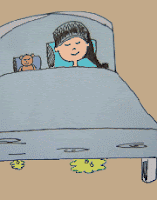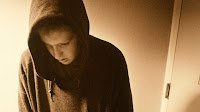What To Do If You Think You Have Aspergers
Question I suspect that I have Aspergers. What course of action should I take - if any? Answer Because individuals with Aspergers are among the most high-functioning and able on the autistic spectrum, they are also the most likely to slip through the diagnostic net. Although many are diagnosed as kids, others reach adulthood either undiagnosed or misdiagnosed. The key to getting an accurate diagnosis is finding a professional who has experience diagnosing children, teens and adults with Aspergers (High-Functioning Autism). A clinician whose only experience is with "low-functioning" autism may not be as helpful. Here is a list of clinicians who have experience in diagnosing Aspergers. Grown-ups with Aspergers who seek help with challenges they face are sometimes misdiagnosed with depression, bipolar disorder, or other mental illnesses. It is important that adults questioning whether or not they have Aspergers seek the services of a professional experienc

